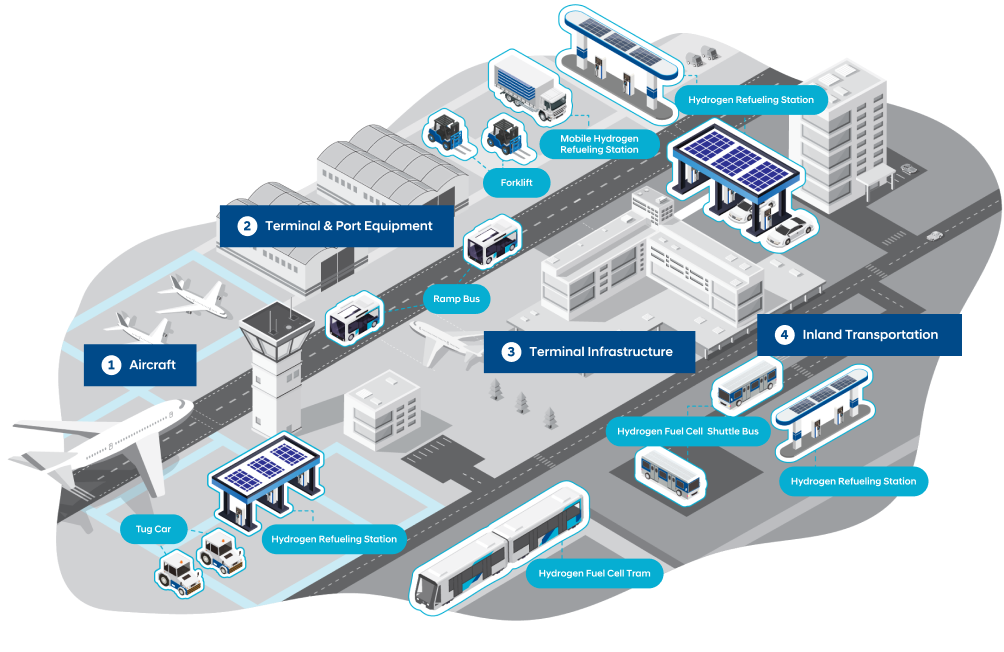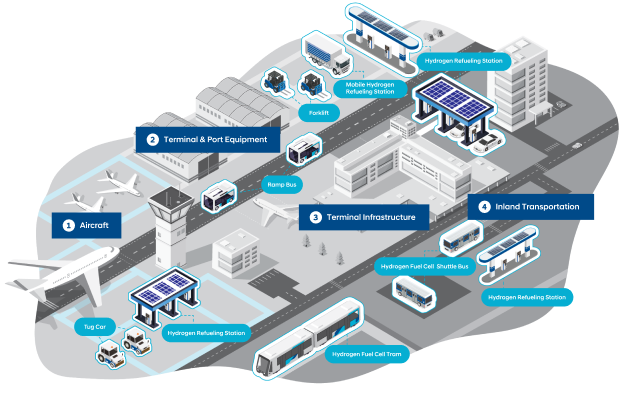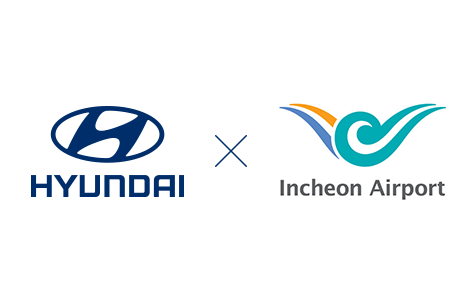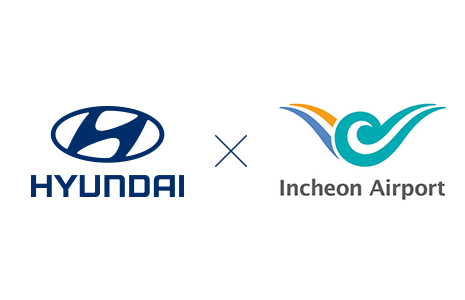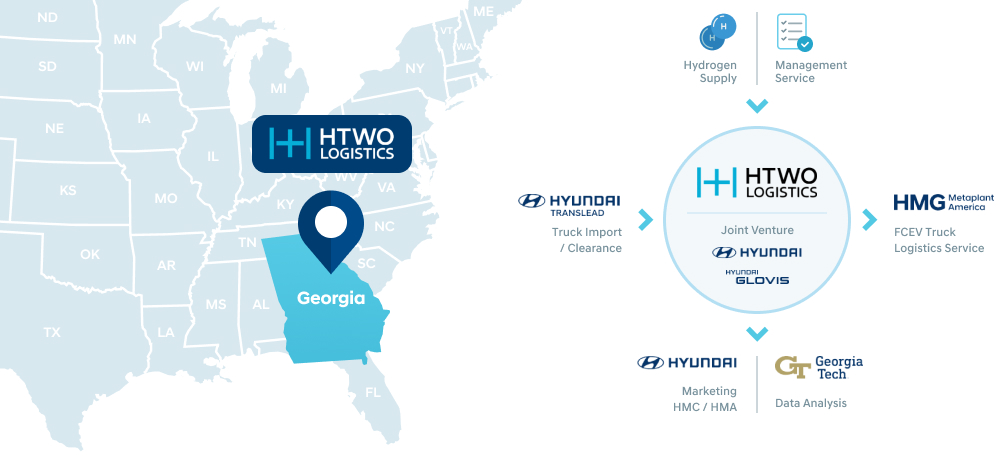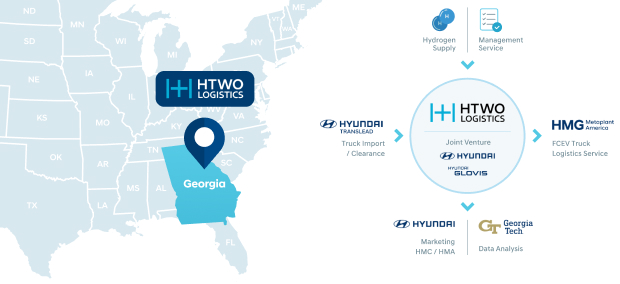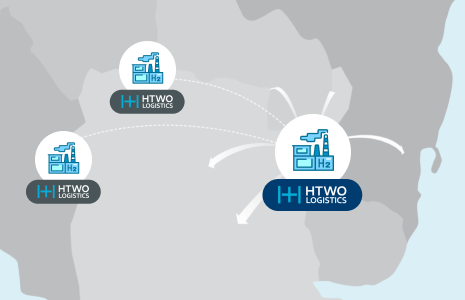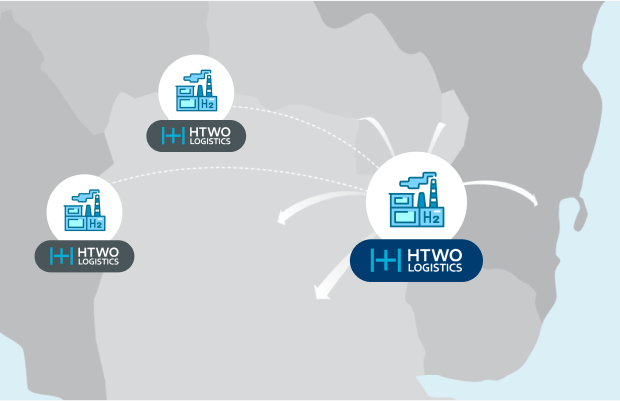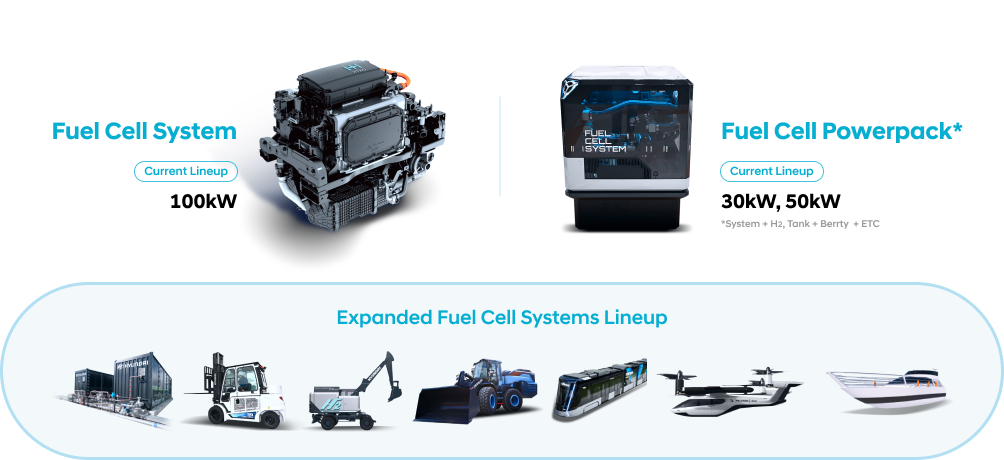Port Decarbonization
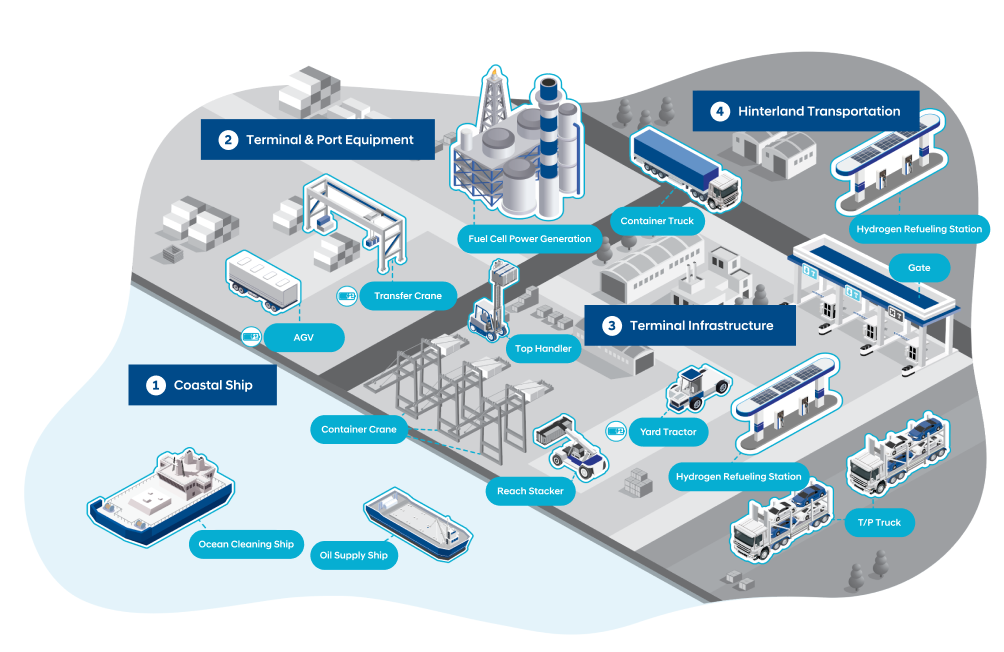
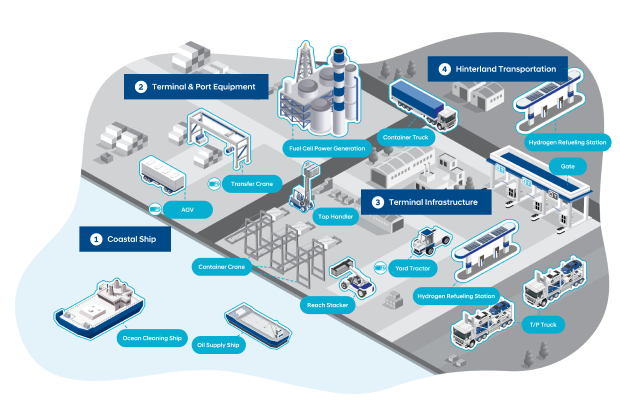
Ports and airports, as industrial hubs with heavy machinery operations, are significant contributors to air pollution due to their reliance on fossil fuels. We aim to broaden our port decarbonization efforts globally, extending from cargo ports and marine ports to even airports. Hydrogen fuel cell vehicles and machinery can contribute to reduction of carbon emissions in these critical logistics centers.
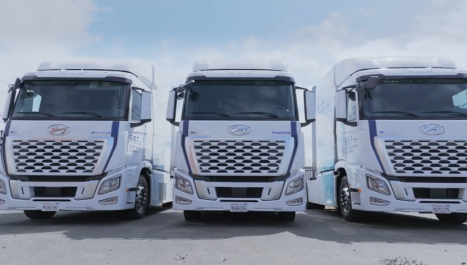
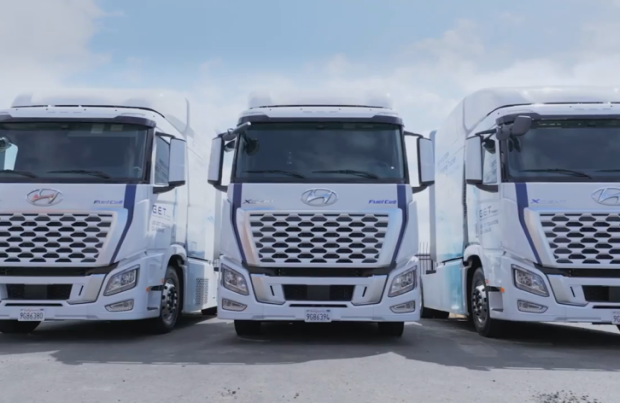
The ports of California in the United States are being developed as a hydrogen logistics hubs, with several government-led business underway to integrate hydrogen energy system. Hyundai Motor Company was chosen as the official supplier for the ‘NorCAL Zero-Emission with Fuel Cell Electric Trucks business’ and successfully deployed 30 XCIENT trucks in September 2023. This marks the largest single fleet deployment of Heavy-Duty Fuel Cell trucks in North America, replacing high-emission trucks to transport containers and vehicles at the Ports of Oakland.




